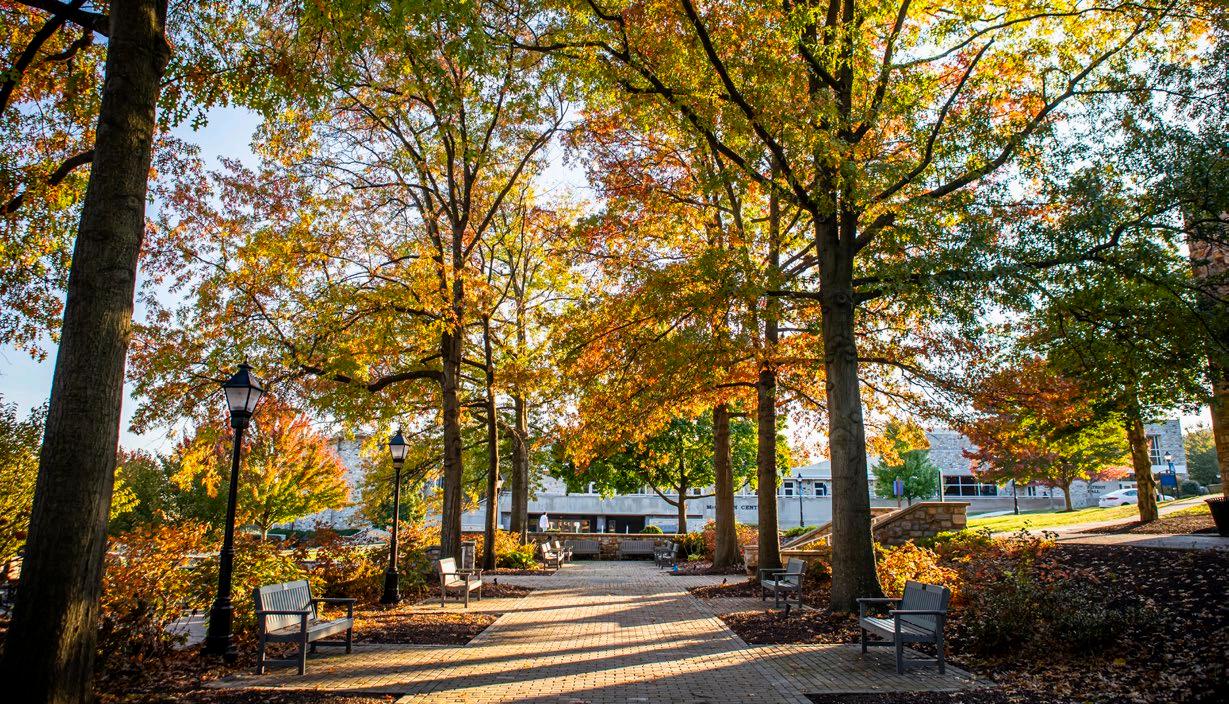PART ONE
The Constant Process of Change By Timothy Fritz, Ph.D., Assistant Professor of History PEOPLE SAYING THAT HISTORY REPEATS ITSELF IS EXHAUSTING FOR A HISTORIAN, though I often wish it were true. Maybe then, repeated instances of oppression would be clear enough for all of us to act in opposition. Instead, history is far more elusive, altering its cycles just enough to fool those not paying close attention while frustrating others of us convinced we experience the same events repeatedly. As a historian of the Atlantic world who studies the impact of migrations of Native and African people on evolving ideas of American identity, the current state of race relations is troubling, if not unexpected. The study of our shared history, or at least how we remember it, can still offer a path forward for those with a willingness to learn. If there is one thing that history makes clear for us, is that the work of racial reconciliation, at the Mount and our country at large, has never been and never will be an expedient process. Recognition of the task ahead is not a cause for despair, but rather another call to muster in the constant quest for justice. The situation is always evolving. I teach two different classes on the Civil Rights movement of the 1950s and '60s. My students are quick to realize the myriad ways in which that movement is incomplete. Desegregating schools brought neither equity in, nor equal access to education. Exercising the right to vote without intimidation didn’t end the intimidation by the state often at the center of recent protests. The election of a Black president most certainly didn’t end racism. The high-profile shootings of African Americans at the hands of police over the past 10 years deeply impact many of our students. Yet, many of us, professors and students alike, feel inadequate when it comes to engaging this community trauma in the classroom. In my observation, much of this unease comes from the realization that many of us remember our history differently. While many of our ancestors were immigrants in one form or another, those experiences differ widely. This realization is often startling and deeply frustrating, but to recognize another’s experience is not to invalidate our own. Instead, the divergence gives us a clear place to start. For example, where many of our grandparents and great grandparents fought in World War I, only Black veterans were lynched in their uniforms upon returning or killed for having the audacity to ask for change for a streetcar fare. The unevenly applied benefits of the G.I. Bill and 1 4
FEATURE FALL 2020



















